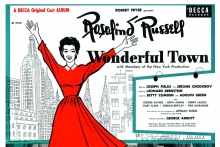A Quiet Place, an opera in three acts, continues the story of the family first presented in Trouble in Tahiti, acting as a sequel. A revision of A Quiet Place in 1984 incorporated Trouble in Tahiti into the second act as flashbacks.
Works
-
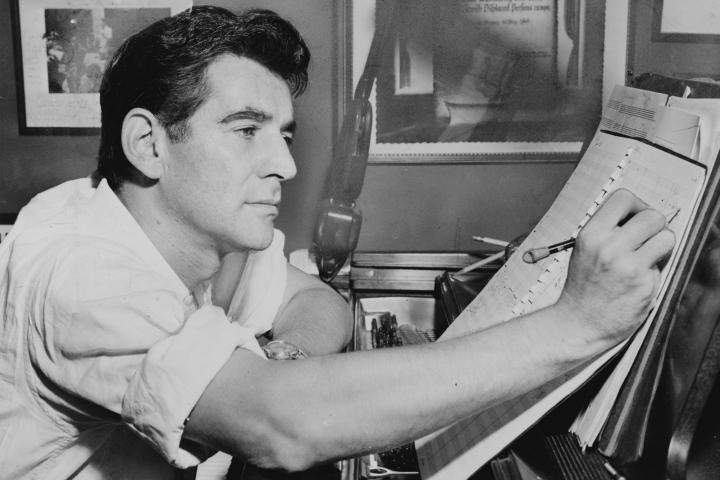 "Few composers capture their time and become the iconic voice of their age. Leonard Bernstein found his "voice" in the early 1940s and projected the sound of urban and urbane America from the period of World War II to the anti-war movements of the 1970s and the restoration of freedom in Europe, with the fall of the Berlin Wall and Soviet communism."
"Few composers capture their time and become the iconic voice of their age. Leonard Bernstein found his "voice" in the early 1940s and projected the sound of urban and urbane America from the period of World War II to the anti-war movements of the 1970s and the restoration of freedom in Europe, with the fall of the Berlin Wall and Soviet communism."
-Conductor John Mauceri
(Photo by Al Ravenna, 1955; via Wikimedia Commons)
Questions about programming, performing, and licensing?
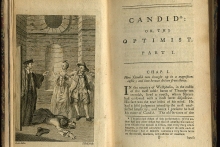
The comic operetta, Candide, captures Voltaire's depiction of the cynicism of society expressed through the protangonist's education in optimism, banishment from his beloved Cunegonde, travels, trials, and disillusionment with humanity, before ending on a hopeful tone in "Make Our Garden Grow".

Jazzy, romantic, edgy, elegant and lyrical, this two-person musical revue explores Leonard Bernstein’s passionate relationship with New York City.

The eclecticism of MASS's music reflects the multifaceted nature of Bernstein's career, with blues, rock, gospel, folk, Broadway and jazz idioms appearing side by side with 12-tone serialism, symphonic marches, solemn hymns, Middle Eastern dances, orchestral meditations, and lush chorales, all un…

On the Town has been a classic since its original Broadway run in 1944, the show highlights the fleeting encounters and visceral energy of youth as three young sailors find love and excitement while on leave in New York City during one 24-hour period.
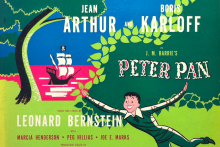
Having only been commissioned to write dance and mood music to accompany a play, Bernstein could not hold back from writing a few numbers and choruses. Peter Pan ended up a success, with the New York Times commenting on its "melodic, colorful and dramatic score that is not afraid to be simple in s…

Jean Anouilh's 1952 play, The Lark, is based on the trial and execution of Joan of Arc. An English adaptation was made by Lillian Hellman, and Bernstein composed incidental music for the accompaniment. The music now exists in an arrangement for mixed choir or a septet of solo voices.
Leonard Bernstein was on his honeymoon in 1951 when he began composing his one-act opera, Trouble in Tahiti, a candid portrait of the troubled marriage of a young suburban couple, that draws upon popular songs styles to deliver an uncompromising critique of post-war American materialism.
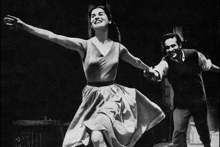
The gem of Broadway musicals, West Side Story's commentary on love and prejudice is relevant to any time and place. This groundbreaking collaboration among Bernstein, Jerome Robbins (conception and choreography), Arthur Laurents (book), and Stephen Sondheim (lyrics) captured the fiber of American …

